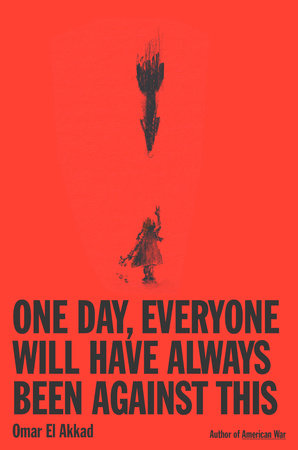More on this book
Community
Kindle Notes & Highlights
Read between
July 15 - July 21, 2025
A reporter is supposed to agitate against silence.
When those dying are deemed human enough to warrant discussion, discussion must be had. When they’re deemed nonhuman, discussion becomes offensive, an affront to civility.
There is something stomach-churning about watching a parade of Biden administration press secretaries offer insincere expressions of concern for Palestinians as the same administration bankrolls their butcher.
It is the purpose of Westerners to contend with stakes, it is the purpose of everyone else to establish them.
It makes sense—when there are no real personal stakes, when the missiles are landing on someone far away, being seen as good is good enough.
The problem with fixating on the abyss into which one’s opponent has descended while simultaneously digging one’s own is that, eventually, it gets too dark to tell the difference.
Along the axis of fear and possibility, some people are permanently assigned the negative quadrant, defined not by the horror of what might be done to them, but of what they might do.
There exists no other remotely plausible explanation for a moral worldview in which what a protester might hypothetically do to a hospital deserves the strongest condemnation, while what a military does—has done—to multiple hospitals deserves none.
When in 2010 the Tunisian street vendor Mohamed Bouazizi set himself on fire in a protest now widely recognized as the instigating moment of the Arab Spring, a parade of the same pundits and politicians praised it as heroism of the highest order.
When finally there is no other means of preserving self-interest but to act, the powerful will act. The same people who did the killing and financed the killing and justified the killing and turned away from the killing will congratulate themselves on doing the right thing. It is very important to do the right thing, eventually.


